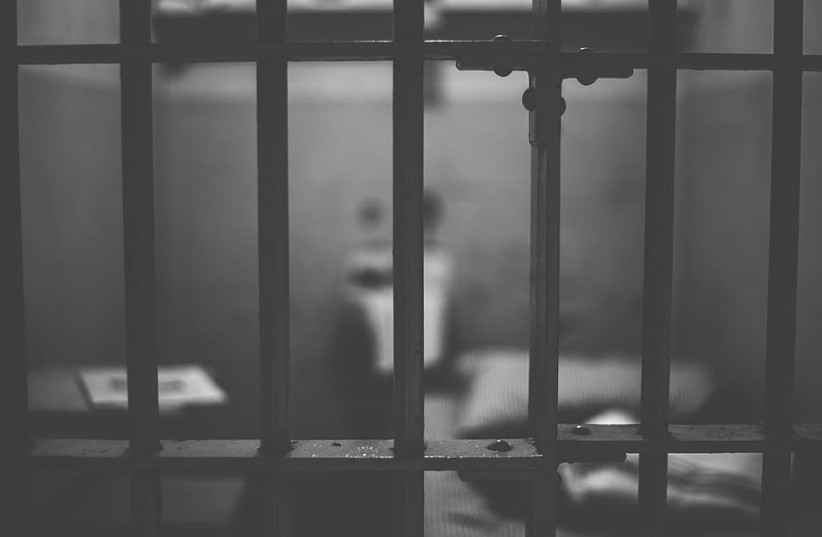The process of releasing US prisoners held in Iran will take up to two months, Iran's Foreign Ministry Spokesperson Nasser Kanaani said on Monday during a press conference.
"A specific time frame has been announced by relevant authorities, and it will take a maximum of two months for this process to take place," Kanaani said.
Despite some reporting the statement without context, which could lead to wondering whether the Iran-UDS deal is coming apart, Iran’s announcement simply marked an acknowledgment of the realities of how long it will take to transfer Iranian funds, which had been frozen in South Korea for several years, back to the Islamic Republic.
Earlier this month, Tehran and Washington reached an agreement whereby five US citizens held in Iran would be freed while $6bn of Iranian assets frozen in South Korea would be released.
Iranian assets that had been frozen in South Korea were transferred to Switzerland's central bank last week for exchange and transfer to Iran, South Korean media reported on Monday.

However, the slow transfer of the funds, with Switzerland converting about $220 million per week, has slowed the return of the prisoners.
In an atmosphere of years of distrust, Tehran already released the prisoners from jail to house arrest, but will likely only start returning them to the US once it can already access more of its South Korean-based funds.
Though South Korea has followed American directions regarding the transfer, it has been concerned that converting $6 or $7 billion in its native won currency into other currencies all at once could negatively impact its exchange rate and economic stability.
To avoid such negative impacts, South Korea has moved slowly with the transfers, converting smaller amounts of the frozen assets in coordination with banks in Switzerland, for the eventual transfer to the central bank in Qatar.
The fact that all of the transfers must avoid any direct connection with the US financial system has also slowed the process.
The US to release Iranian prisoners
Washington would also release some Iranians from US prisons, Iran said.
Iran allowed four detained US citizens to move into house arrest from Tehran's Evin prison, a lawyer for one said. A fifth was already under home confinement.
An additional US resident currently imprisoned in Iran is not a party to the US-Iranian deal.
In July, the Jerusalem Post was told by US sources that attacks on American forces by Iran and its proxies had been reduced.
This was at the same time that rumors were circulating that some kind of interim understanding had been reached with Iran regarding a prisoner exchange, partial sanctions relief, and some degree of Tehran slowing down its nuclear program advances.
Though the Islamic Republic has not formally frozen its high level 60% nuclear enrichment, it has reportedly slowed that process and started to dilute some of its prior enrichment, such that an effective freeze may already be in place.
Many countries are waiting for the IAEA’s mid-September update for a clearer understanding of whether and how much Iran has slowed its nuclear progress.
Despite contradictory reports, to date there are no indications that Iran has slowed its military cooperation with Russia against Ukraine, a major element that the West has wanted in any deal with Iran since October 2022 when Tehran’s involvement became public.
Sam Halpern contributed to this report.
